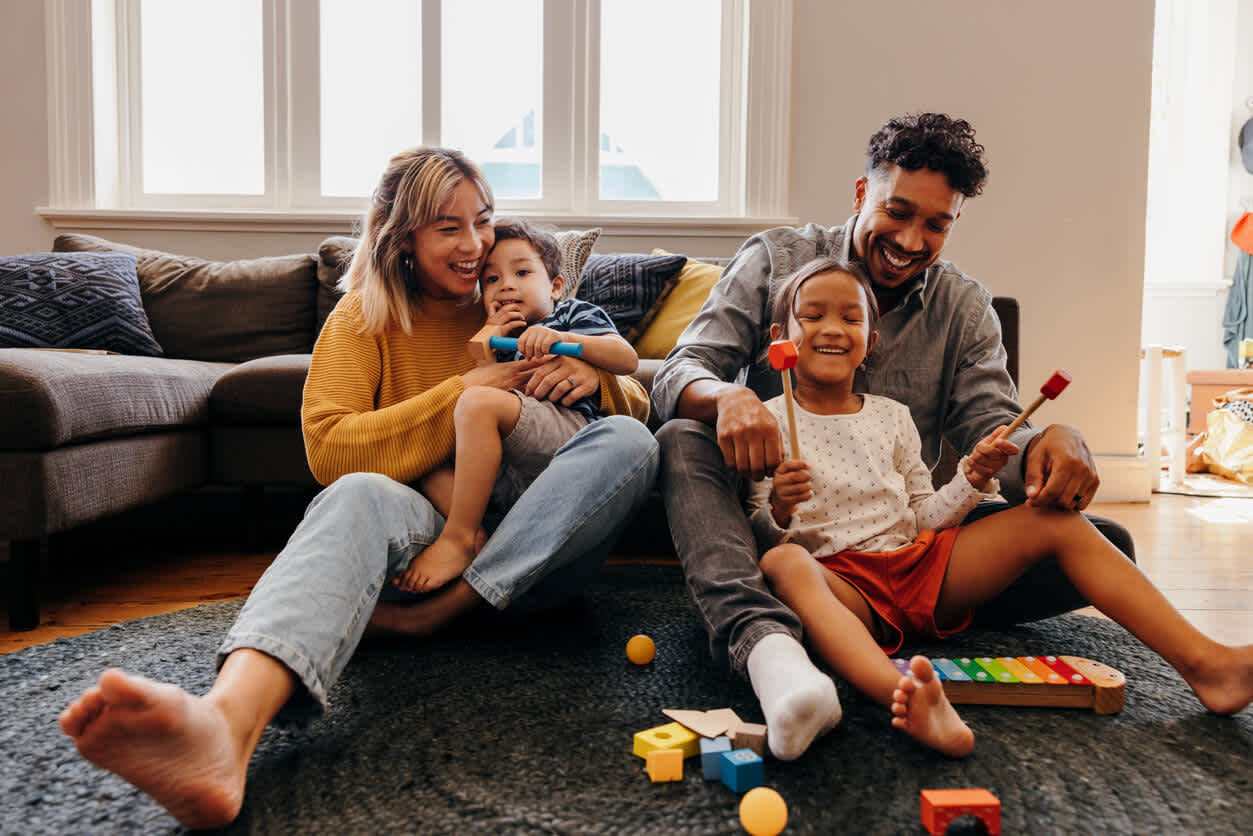Kiwi Parents Relaxing On Device Use And Safety
- Device use and the impact of screen time is still the top concern for 73% of parents
- 46% of parents are limiting their kid’s screen time, down from 51% in 2020
- 25% of parents check their children’s browsing history as a safety precaution, down from 28% in 2020
- 65% of parents are uneasy about their kids’ use of, and the impact of, social media
- 37% of parents are concerned their child may be a perpetrator of bullying or online abuse.
Parents surveyed by nib say their kids' use of devices is less problematic compared to previous years. While concern about device use and screen time is higher overall (73% up from 70% in 2022), the survey suggests kids are re-engaging with other aspects of life in a more balanced way.
The fifth annual nib State of the Nation Parenting Survey found that 40% of parents surveyed are worried about the amount of time their kids spend on devices, down from 45% last year and 49% in 2021.
Parents are less worried (26%) about how devices impacted traditional recreational activities, compared to last year (30%) and 2021 (33%). They also reported devices were impacting their kids ability to focus and concentrate less (22%) when compared to last year (27%) and 2021 (29%).
Conflict within the family as a result of device use was down at 19% compared to 25% in 2021.
More parents were limiting screen time in 2020 (51%), but this has slowly declined over the last three years (46% in 2023). Similarly, parents were checking their children’s browsing history as a safety precaution more in 2020 (28%), compared to this year (25%).
nib New Zealand Chief Executive Officer, Rob Hennin, notes technology use has consistently been parents top concern, but it seems parents are accepting it as a necessary part of modern life.
“There’s no escaping device use whether it be at work, at school or at home and while it’s important that parents continue to monitor their kid’s usage and keep them safe it is encouraging to see parents are feeling less worried overall,” said Mr Hennin.
Concerns over social media
Parents are concerned about the impact of social media and their children’s use of it (65%). One father expressed his concern in the survey on the impact of social media on young peoples’ identity.
“They grow up thinking/believing that they need to be something or someone else due to what they consume via social media. That they don't understand who they are, where they come from and their own uniqueness, strengths, and skills. And that the New Zealand society in general, doesn't accept them for what they bring rather, they look at their ethnicity and/or culture as a deterrent.” - Male, Māori, 35-39, mainly secondary children.
This year’s survey found 37% of parents are concerned that their kids may be a perpetrator of bullying or online abuse.
Nathan Wallis, nib resident parenting expert and neuroscience educator says this is an opportunity for parents to talk to their kids about online bullying.
“If parents are worried about their kids bullying others online, it is a great opportunity to start a dialogue with your kids. Talk to them about online bullying, what it is, how it affects people and show them how to behave positively online.”
“You might work with your child to set some boundaries around device use,” advised Mr Wallis.
When it comes to general concerns about the use of devices, issues such as the amount of time spent on devices instead of doing other things (58%), kids consuming inappropriate content (53%), and the threat of online predators (51%) were a focus.
Another parent explains, “My son spends too much time online causing anger issues.” Female, 35 – 39, NZ European, mainly preschoolers.
Parents taking action
In the last 6 months, the majority of parents have taken some form of action when it comes to controlling their kids' use of devices (73%), however they also often use it as a distraction or form of entertainment (37%).
“I use it as a babysitter i.e. when I'm trying to cook dinner. I feel terrible having to use it, but it is the only way I can get things done”. - Female, 30 – 34, NZ European, mainly pre-schoolers.
Less than half of parents say they model good behaviour with their own device use (43%), and more than half say they couldn’t live without it (52%).
Mr Wallis says a good approach for parents is not to put too much pressure on themselves about device use, and instead use some simple strategies like limit screen time to the parts of the day when it’s most useful to everyone in the family and take advantage of online tools to keep them safe.
“I’d recommend having a plan around screen time as it’s easy to get into bad habits and allow kids to have more of it than they should, which often leads to the parents feeling guilty. Kids thrive on routine and repetition, because their brains are wired for it, so set aside regular device-free time and device free-zones - for example, no devices at the dinner table or at bedtime.
“It’s not always possible to actively monitor your kids when they are on devices so take advantage of software to protect them from inappropriate material or certain apps,” adds Mr Wallis.
For more advice from nib and Nathan Wallis see - how to deal with cyberbullying – whether your child is a victim or perpetrator.
